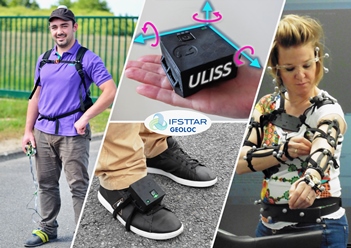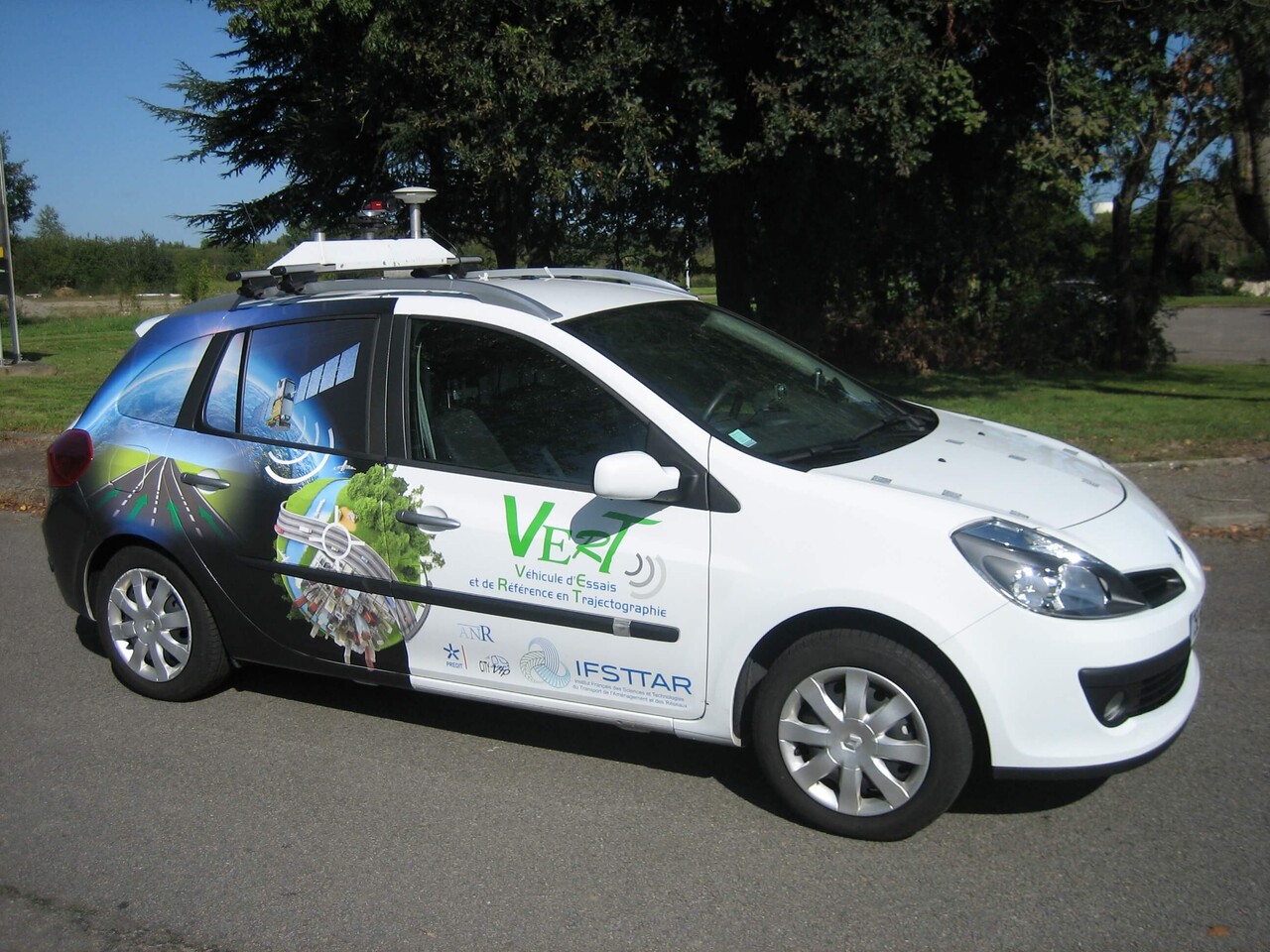Research topics

While several decades ago, GEOLOC's research included a significant part of applied robotics to develop the infrastructure, today it focuses on self-sufficient approaches to locate mobile objects, including persons, cars and goods, in order to enhance novel mobility services and navigation functionalities.
This research aims at assisting autonomous transport in all surroundings and for all mobility profiles. For example, contrary to guiding vehicles by the infrastructure, we focus on getting rid of a pre-equipped infrastructure and gain in autonomy. The aim is to propose ubiquitous localization approaches in all environments.
This research contributes also to the Urban Tomography axis of the "Institut de Recherche en Sciences et Techniques de la Ville" (IRSTV), which is co-animated by V. Renaudin and M. Servière. It includes the use of geomatics data (3D GIS, PMR databases, etc.) to improve urban mobility and urban knowledge. This research aims also at customizing geolocalization methods and systems to the different use cases.
Research focuses on defining the expected localization performance levels against the needs in transport. The goal is to optimize geolocalisation algorithms and methods to new services or systems.
This theme is based on a global approach that addresses positioning and navigation needs both at the technological and service levels. This hybrid approach enables faster progresses on localization issues in the context of novels forms of mobility (sharing the means of transport, individual mobility services, uberization ...).
A better understanding of specific usages in the multimodal chain and new mobility services supports the design of a novel multimodal location platform that is adaptive to various places and forms of mobility.
This theme has been built on all the experience accumulated for 20 years by the GEOLOC team in terms of assessment tests of the positioning systems, first in the context of the road construction sites, then in those of the road transport.
This experience allowed GEOLOC to build an expertise acknowledged at both national and European levels on two complementary domains:
- test equipment domain, in particular those producing reference positions (in the past SESSYL facility, nowadays the VERT vehicle),
- performance assessment procedures domain.
Thanks to the mastery of these two domains, the laboratory has been able to answer to demands for studies coming from institutional or private partners and to take a first-level place in the European standardization activity on this topic.

